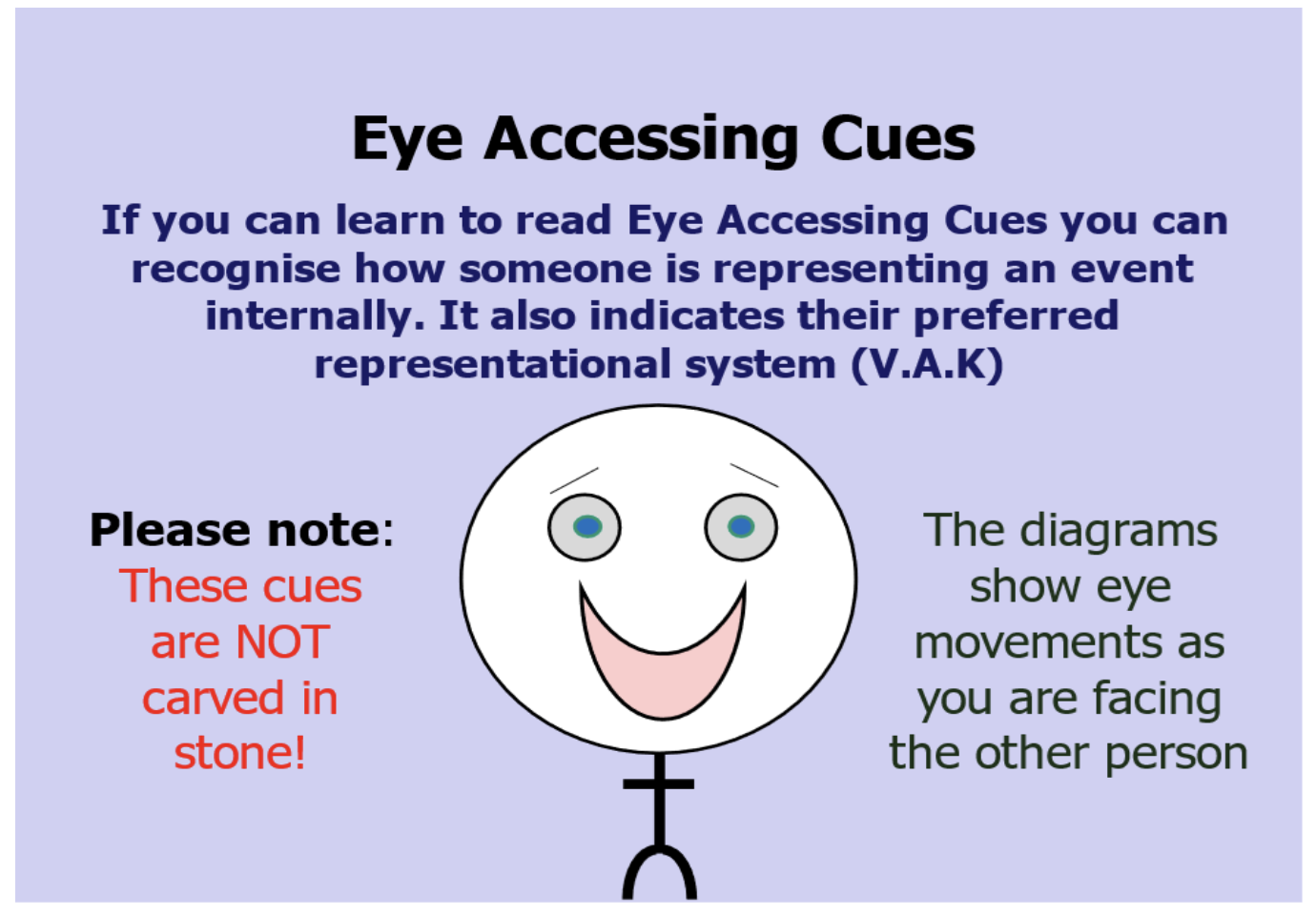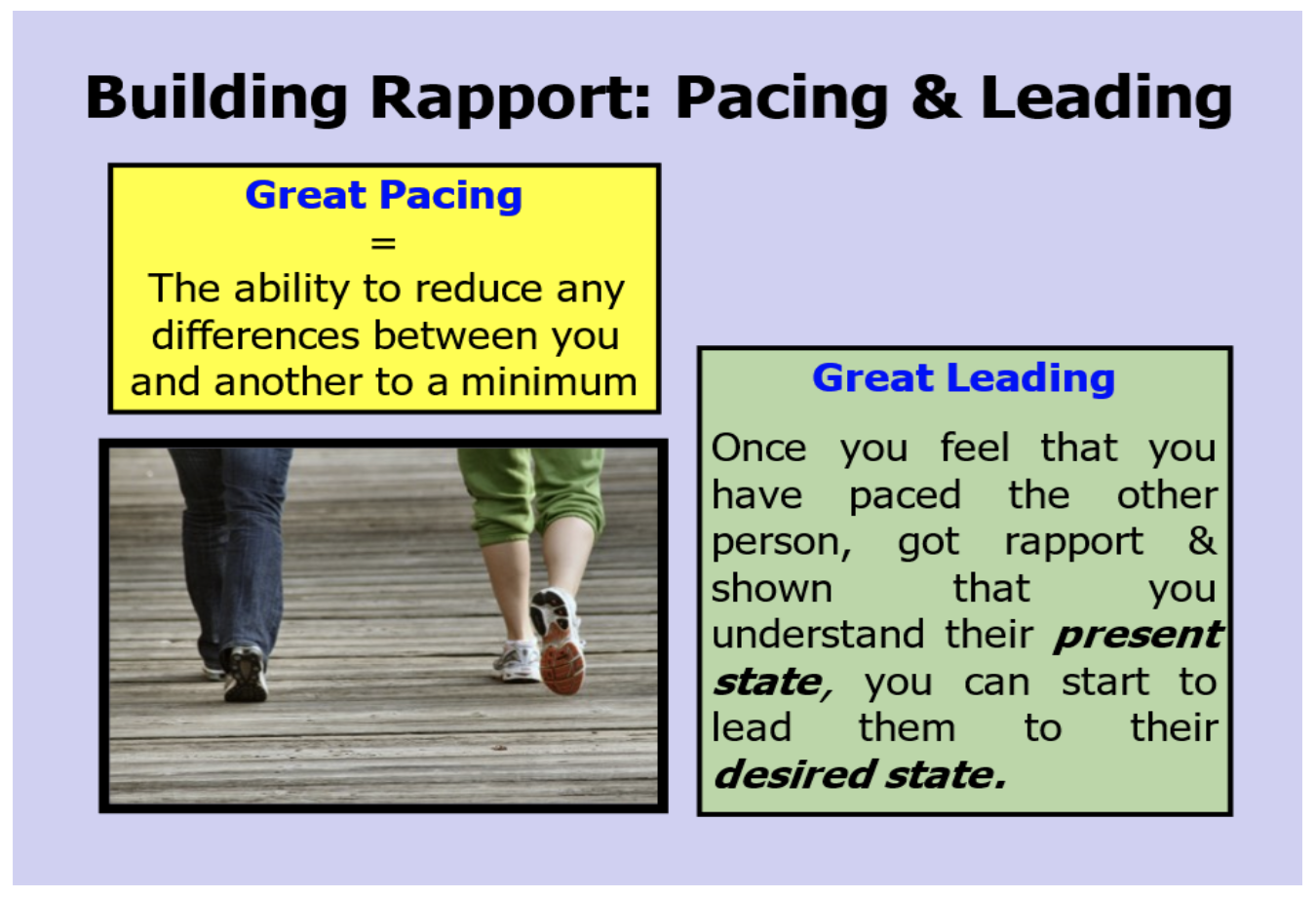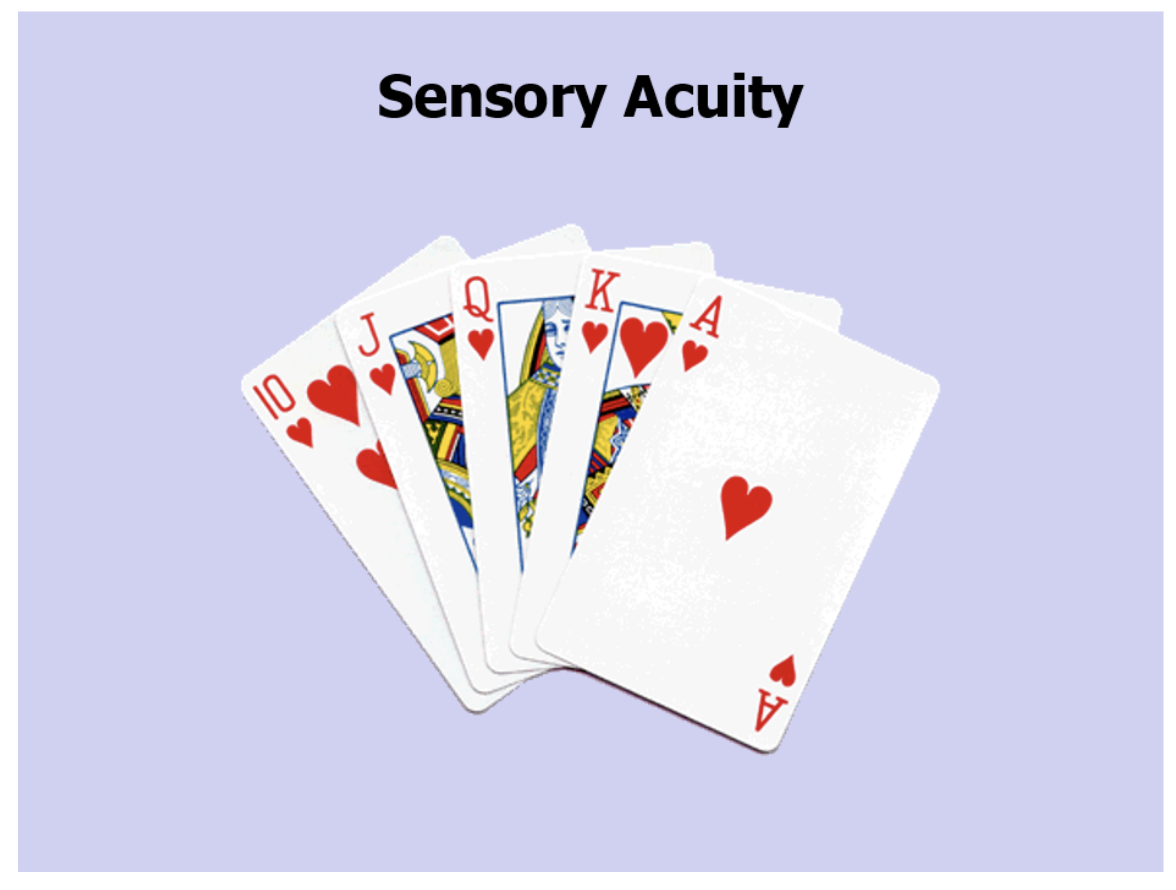18
MENTAL HEALTH PROMOTION
MENTAL HEALTH PROMOTION
Contenu
This Learning Playlist is part of the international training course Mental Health Promotion in the Youth Field. There are 3 parts to this training.
Before the Mobility
Participants of this international training course are requested to prepare by doing some research into the NLP that we will use as a model for our learning about Mental Health Promotion. They do this through the Learning Activities:
- What is NLP
- History of NLP
- NLP and System Theory
The First Part of the Mobility
For the first 6 days of the Mobility, participants will experience youth work activities and reflect on their learning from that day using the following Learning Activities:
- Change the world, Change your mind
- Step by Step to great Rapport
- Sensory Acquity, Mind-reading for beginners
- Building the Picture, Setting the Outcomes
- Tools and techniques - 1
- Tools and techniques - 2
The Second Part of the Mobility
Participants will transfer their learning into (digital) learning activities for the people they work with and participate in a youth work market with local youth work organisations.
LifeComp competence framework
To support recognition of non-formal learning and to support the development of the “Personal, Social and Learning to Learn” skills within youth work we make in this training an connection between the learning happening during the training and the LifeComp Competence Framework.
Spcifically will be worked on the following skill zones: flexibility, growth mindset, critical thinking, collaboration, self-regulation, communication, empathy, well-being and managing learning.
Open Badges
In each Learning Activity and for the total Learning Playlist participants can earn Open Badges. Sometimes the badges will be issued via checking evidence by accredited NLP practisioners, other times via international trainers and also via self-assessment by the earners itself.
This project is co-funded by ErasmusPlus
Activités à compléter
Complete the following activities, earn badges and you will see your playlist progress updated
Contenu
Hey, Folks, we hope you’ve had a fantastic third day at the International training course Mental Health promotion in the youth field, and as always, we’d like you to spend this part of the day reflecting on the work we have been doing.
As usual, here’s with a quick review to jog your memory:
Eye Accessing Cues: We spent time this morning looking at how we can use people’s eye movements to help us to understand what’s going on in their heads. You will remember the exercise we did to see how our partner responded to certain questions…

Pacing and Leading: Pacing is where we match the other person’s communications before leading them to more resourceful states.

Sensory Acuity: This is the skill that we develop when we start to put together all the building-blocks of Rapport. We used this to do the exercise this afternoon when we tried to read each other’s “Poker Faces”!

Get activity badge
3. Sensory Acuity, Mind-Reading for Beginners Get this badge
This badge is a reflection tool for the third day of our training Mental Health promotion in the youth field. Today we looked at some advanced skills for building rapport:
- Using the unconscious clues that people’s eyes give us to help us understand how they are processing a problem, issue or question.
- The importance of Pacing and Leading as a skills to help us understand people’s present state before leading them to a more resourceful place.
- In the Sensory Acuity exercise we started to put together the skills and models we have been exploring so far.
The holder of the badge will have worked either on their own or in a small group to reflect on the questions:
- how the day has gone
- what has been learned
- how to use this in your youth work
- how else to use it.
The questions are designed to optimise generative learning: they are not just about what the participant has learnt but also how they can use the learning in their work and personal life.
- L1.2: Understanding that learning is a lifelong process that requires openness, curiosity and determination,
- L2.2: Comparing, analysing, assessing, and synthesising data, information, ideas, and media messages in order to draw logical conclusions,
- L2.3: Developing creative ideas, synthesising and combining concepts and information from different sources in view of solving problems,
- L3.3: Reflecting on and assessing purposes, processes and outcomes of learning and knowledge construction, establishing relationships across domains,
- P1.1: Awareness and expression of personal emotions, thoughts, values, and behaviour,
- P3.1: Awareness that individual behaviour, personal characteristics and social and environmental factors influence health and wellbeing,
- S1.1: Awareness of another person’s emotions, experiences and values, and
- S1.3: Responsiveness to another person’s emotions and experiences, being conscious that group belonging influences one’s attitude.
Tâches
Tâche n°1
Preuve vérifiée par : un organisateur de l'activité
- How has today gone for you?
- What have you learnt?
- How can you use this in your youth work?
- How else can you use it?
Compétences
#Mental Health Promotion
ESCO
#campaign for youth work in the local community
LIFECOMP
#Flexibility
LIFECOMP
#Growth mindset
LIFECOMP
#Critical thinking
ESCO
#develop international cooperation strategies
ESCO
#give massages
LIFECOMP
#Collaboration
LIFECOMP
#Self-regulation
ESCO
#communicate on the youth's well-being
ESCO
#talk with the selected community
ESCO
#work in partnership with social services users
ESCO
#relaxation methods
ESCO
#seek innovation in current practices
ESCO
#check story
LIFECOMP
#Communication
LIFECOMP
#Empathy
LIFECOMP
#Wellbeing
ESCO
#promote mental health
LIFECOMP
#Managing learning
Activités : 17
Débuté : 55
Playlist terminée : 12
Temps à compléter : 16 jours 9 heures 15 minutes
Partager :
Organisateurs
Network of Cities and Regions of Learning
Badge issuer recognized with
Changer de langue:

